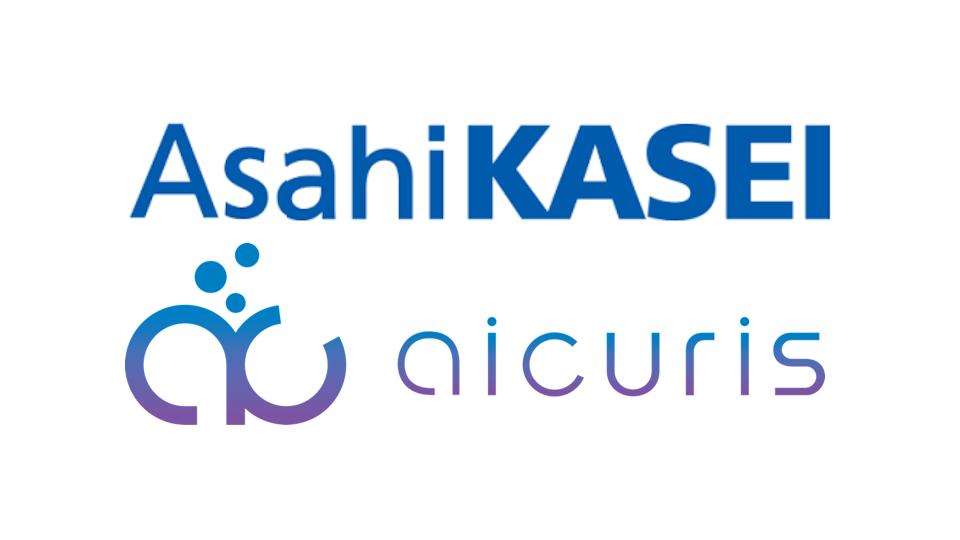AZ agrees $2bn deal to buy radiopharma firm Fusion

AstraZeneca has upgraded a 2020 alliance with Fusion Pharma focusing on radioconjugate therapies for cancer, opting to buy the firm outright in a deal worth around $2 billion.
Four years ago, the two companies started to explore how Fusion’s radioactive isotope-bearing payload and linker molecules could be combined with AZ’s tumour-targeting antibody therapies in a small deal worth around $45 million.
AZ must be pleased with the progress so far, as it is now making a $21-per-share offer for the Canadian and US biotech, a 97% premium on Fusion’s closing share price yesterday. That values the company at around $2 billion, with Fusion shareholders potentially in line for another $400 million payout if particular pipeline objectives are met.
The takeover will give AZ rights to a pipeline of radiopharma candidates led by PSMA-targeting FPI-2265 for patients with metastatic castration-resistant prostate cancer (mCRPC), which is in phase 2 testing.
If it reaches the market, FPI-2265 would be a rival to Novartis’ Pluvicto (lutetium vipivotide tetraxetan), which also targets PSMA and is already approaching $1 billion in annual sales since being approved for mCRPC in 2022.
Novartis bought Pluvicto through its $2.1 billion acquisition of Endocyte in 2018, and since then, several other big pharma groups have bought into the radiopharma category. That includes Eli Lilly through its $1.4 billion play for Point Biopharma, Bristol Myers Squibb, which paid $4.1 billion for RayzeBio, and Roche/Genentech, which licensed multiple programmes from PeptiDream in a deal worth around $1 billion.
It’s no coincidence that those companies all have a strong position in antibodies used to treat cancer, which provide targeting mechanisms to deliver radioisotopes to tumours.
Fusion’s take on the technology is the use of actinium-225-based alpha particle emitters that can be attached to antibodies as well as other carriers like peptides and small-molecule drugs. The platform uses a linker molecule that promotes rapid excretion of radioisotopes that do not end up bound to cancer cells, aiming to limit off-target side effects.
The use of alpha radiation – which has limited penetrating power – also means that radiotherapy can be delivered to tumours in a highly localised way, with greater cell-killing potency compared to beta particle-emitting therapies like Pluvicto. Some evidence suggests alpha emitters are less likely to stimulate resistance in the tumour because they introduce breaks across both strands of DNA in malignant cells.
AZ’s head of oncology R&D, Susan Galbraith, said that somewhere between a third and half of all cancer patients have radiotherapy at some point during their treatment, adding that buying Fusion “furthers our ambition to transform this aspect of care with next-generation radioconjugates.”
AZ’s original alliance with Fusion has already generated one clinical-stage candidate in FPI-2068, an EGFR-cMET targeted radioconjugate that is currently in phase 1 and has potential in the treatment of head and neck squamous cell carcinoma, non-small cell lung cancer, colorectal cancer, and pancreatic ductal adenocarcinoma.
The deal is due to close in the second quarter of this year, whereupon Fusion will become a wholly-owned subsidiary of AZ.













